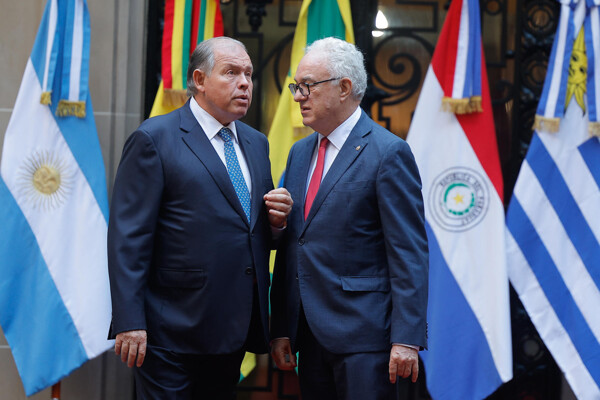
The government continues to adopt measures to control the money supply by issuing bonds to absorb pesos and thus keep it low. Meanwhile, private projections indicate a slowdown in inflation for the month of April, with estimates varying between 2.7% and 3% according to different consultants.
As for the legislative elections, four provinces will hold elections on May 11, including Salta, where legislators, councilors, and a mayor will be elected in Aguas Blancas. The electoral calendar will continue with votes in other provinces such as Buenos Aires City, Misiones, Santa Fe, Formosa, and the Province of Buenos Aires on later dates.
The government aims to focus its electoral strategy on sustainable economic growth, low inflation, and exchange rate stability. It seeks to encourage the use of dollars to increase monetization without resorting to monetary issuance, offering measures such as tax benefits and facilitating transactions in foreign currency.
Despite this trend, there are concerns about the accumulation of reserves and inflationary stability, especially in a key electoral month like May. The Central Bank reported that private sector dollar deposits exceeded $30.2 billion, reflecting part of the current uncertainty in the economic landscape.
The recently implemented exchange rate unification has already shown results, with an increase in private sector dollar deposits following a decline in the early months of the year. The government continues to assess measures to promote the use of foreign currencies and improve economic activity, all within an electoral context that will shape the political course of various provinces in the coming months.













